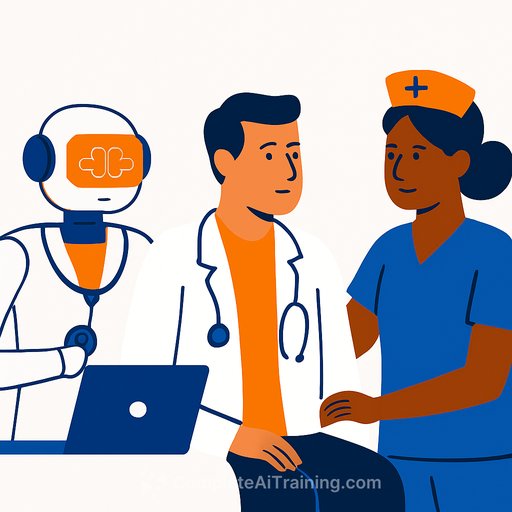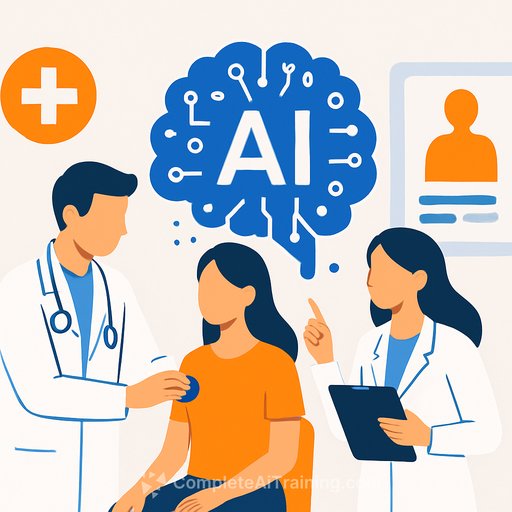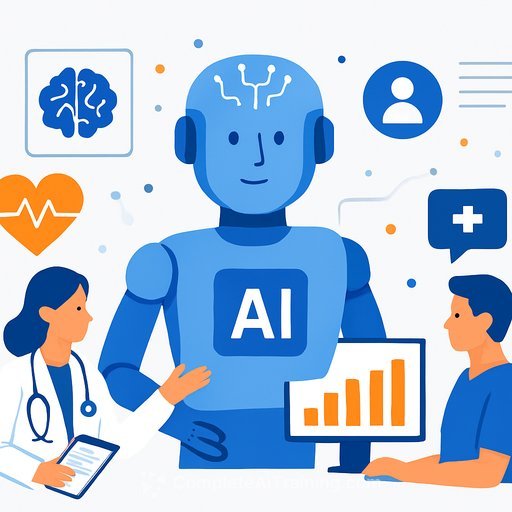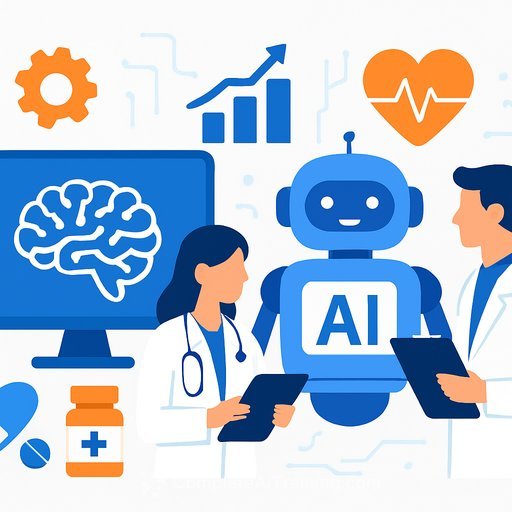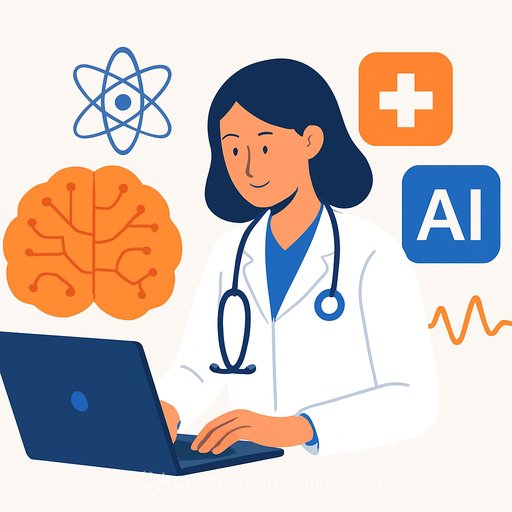Google DeepMind CEO Demis Hassabis on AI’s Role in Healthcare Jobs
Artificial Intelligence (AI) is changing how healthcare operates, especially in diagnostic and treatment areas. Demis Hassabis, CEO of Google DeepMind, recently shared insights on where AI can and cannot replace human roles in healthcare.
According to Hassabis, AI can effectively take over doctors’ diagnostic tasks. It can analyze medical data, scans, and test results faster and often more accurately than humans, helping diagnose conditions and plan treatments.
However, when it comes to nursing, AI falls short. Nurses provide emotional support, hands-on care, and empathy—qualities that machines cannot replicate. This human connection remains critical for patient care, meaning AI won’t fully replace nurses anytime soon.
What This Means for Healthcare Professionals
AI will handle data-heavy and repetitive tasks, freeing healthcare workers to focus on human-centered skills like empathy, creativity, and leadership. This shift requires healthcare workers to develop new skills and work alongside AI tools.
Governments and healthcare institutions will need to invest in reskilling programs to prepare staff for AI-driven environments. Learning to use AI tools ethically and effectively will be essential for future success.
Broader Industry Views: AI’s Impact on Jobs
- Andy Jassy, Amazon CEO: AI automation will reduce some jobs, especially repetitive operational roles in logistics and inventory management. But he stresses the importance of upskilling so workers can transition into technology-focused positions.
- Jensen Huang, Nvidia CEO: AI will affect all jobs to some degree. While some will be lost, many new roles will emerge in AI development, data analysis, and advanced engineering. Huang believes AI-driven productivity gains can benefit society overall.
- Demis Hassabis, Google DeepMind CEO: AI is an additive technology, creating new job categories that enhance human work rather than fully replacing it. He foresees major changes within 5 to 10 years, with new roles that combine technology and human skills.
FAQs About AI and Healthcare Jobs
- Can AI fully replace doctors? AI can assist with diagnostics and treatment recommendations but doctors will still oversee complex decisions and patient interactions.
- Why can’t AI replace nurses? Nursing involves emotional support and human empathy, which machines cannot provide effectively.
- What does Demis Hassabis predict about AI and jobs? He expects significant workplace changes within the next decade, with some jobs disappearing and new ones appearing.
- How are other tech leaders responding to AI job shifts? Amazon’s Andy Jassy emphasizes reskilling, while Nvidia’s Jensen Huang highlights both job disruption and new opportunities.
- Which jobs will grow in the AI era? Roles focusing on AI development, creative problem-solving, emotional intelligence, and advanced data management are expected to increase.
For healthcare professionals aiming to stay ahead in this evolving landscape, developing AI-related skills is crucial. Explore specialized AI courses in healthcare and technology to enhance your capabilities and future-proof your career. Visit Complete AI Training for tailored programs suited to healthcare workers.
Your membership also unlocks:

